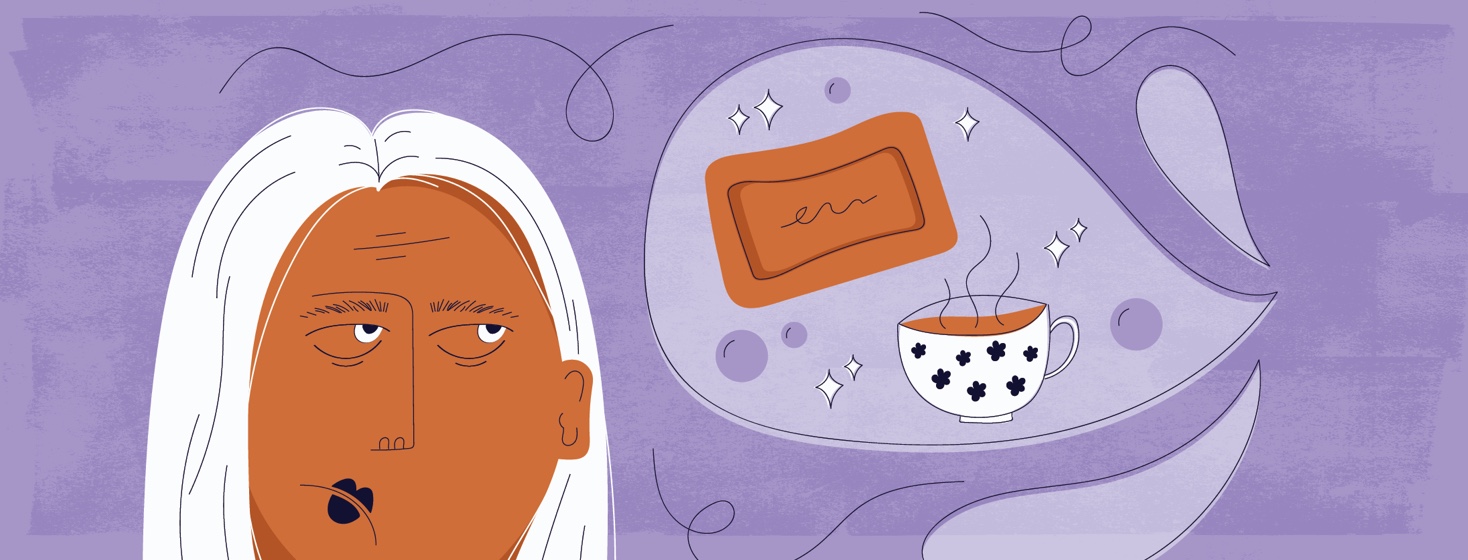My RLS Isn't Helped by Community Opinion
Having restless legs syndrome (RLS) is not fun. It is, in fact, a right royal pain in the proverbial. I have it, so I know. The creepy crawly, wriggly jiggly, itchy painful sensations can be there all day and all night long, causing significant disruption to quality of life.
RLS is a medically recognised condition and has been for a long time. And yet, any time I happen to mention my sleeping difficulties and the distress of having RLS, inevitably someone will pipe up with, “I have that too! It doesn’t bother me much.” Or, “Just do this magic trick and all will be fixed.”
It’s not true.
If you have it, you know it
If you have restless legs syndrome and it doesn’t bother you much, you don’t have restless legs syndrome. You’re just feeling a bit antsy for a minute or two. People can definitely go through periods of RLS that aren’t consistently there - particularly during pregnancy - but if you have it, you know it. It’s like wondering if you’ll recognise going into labour when you’re pregnant. Once you get there, you have no doubt.
Spare me the miracle cures
And trust me when I say, I’ve seen and heard all the magic tricks. From banana tea to soap beneath the bedsheets all touted as miraculous cures. But like any medical treatment, what works for one person might not work for the next. If shoving a cake of soap under my mattress helped me, I would do it. Obviously. I’m not an idiot.
I am always open to hearing about new ideas and treatments - both home remedies and pharmaceutical options. I don’t take any great pleasure in having to down a cocktail of medications simply to rest my dancing legs and give me a chance to sleep.
Where is the concern for RLS?
I struggle with the inherent minimisation of my condition. When I tell people I’m asthmatic, they get all concerned and caring. They make sure I have my puffer with me and check how I’m going when it’s smoky outside. I have pretty mild asthma and 99 percent of the time it doesn’t bother me. The puffer is obviously extremely important, but it doesn’t impact my everyday life.
My RLS is extreme and only those who experience true RLS really understand what it’s like. It’s not just feeling a bit uncomfortable at the cinema. It’s not just wanting to stretch your legs a bit on a long haul flight. It can be abject misery.
Minimising my abject misery by explaining that it’s not a big deal and everybody has it makes me feel worse. Community opinion will not cure my condition. In fact, nothing will cure it - it’s not herpes. All I can do is manage it and manage the associated anxiety and insomnia.
Cormorbidities take a toll
Like many conditions, there are comorbidities. Most people I know with bad RLS also experience insomnia - it’s hard to sleep while your legs are tap, tap, tapping away.
I don’t believe I’m the only person that has developed anxiety around any activity that requires staying still for more than a minute - traveling, going to the theatre or cinema, weddings and funerals. Watching television. Sleeping. They’re all anxiety-inducing because jogging up and down in the back row is not considered socially acceptable.
RLS is not easy to talk about
I have had RLS my entire life. For the first 40 years, I never mentioned it because I felt ashamed to be complaining about something society deemed irrelevant. When finally, I talked to an understanding doctor and started receiving treatment, my life changed. For the better.
I still struggle to talk about RLS to people I don’t know for fear they will minimise the distress I experience. But I also know that talking about it not only helps me but could just be the message someone else needs to hear.
How do you talk to people about your RLS? Tell us more in the comments below.

Join the conversation